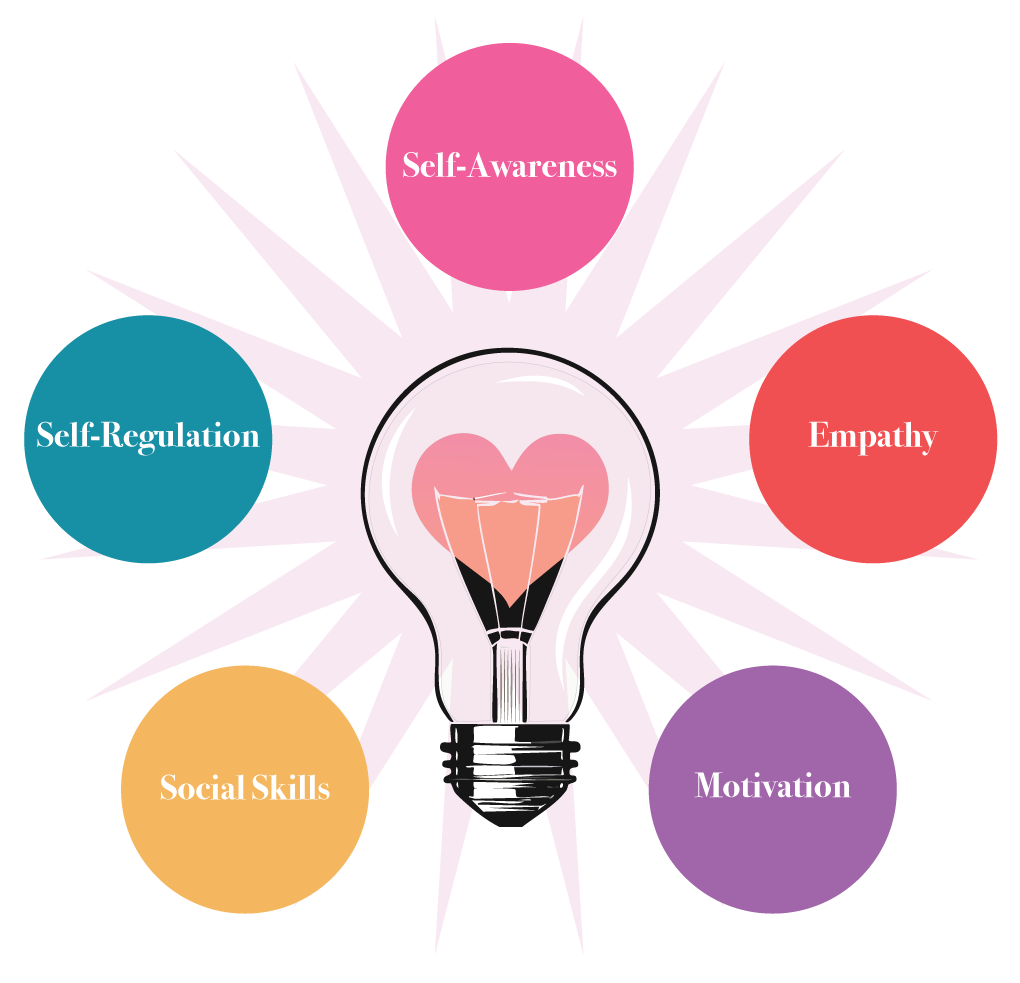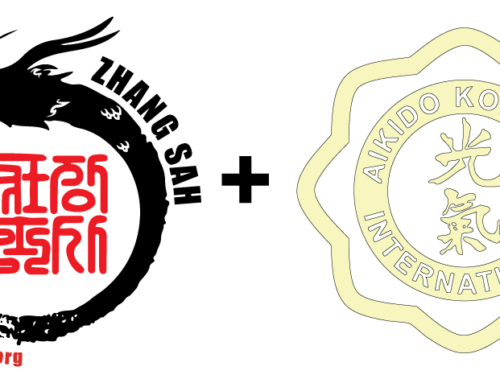
An article published on Inc.com on December 19, 2024, by Jessica Stillman highlighted an international study conducted by scientists who tracked 1,000 children over a span of 40 years. According to the article, the study identified emotional intelligence as the No. 1 predictor of success. This finding comes from one of the most comprehensive, long-running studies of child development ever undertaken.
A related paper titled “Emotional Intelligence Measures: A Systematic Review” defines emotional intelligence as “the ability to perceive, understand, and manage emotions” (Bru-Luna, Marti-Villar, Merino-Soto, Cervera-Santiago). Building on this definition, we reviewed Zhang Sah’s data from our final student outcomes report of 2023 with our research partners at Temple University. What we discovered further supports the importance of emotional intelligence in our students’ development, especially when viewed through the lens of resilience.
For example, Zhang Sah students resonated with statements like:
- “I know when I’m good at something.”
- “I can tell what mood someone is in just by looking at them.”
- “I am prepared to deal with the consequences of my actions.”
Each of these statements reflects key elements of the definition of emotional intelligence—self-awareness, empathy, and self-regulation.
While we cannot definitively claim that Zhang Sah is solely responsible for cultivating these traits in our students, we are confident that our programs create an environment where emotional intelligence thrives. The tenets that underpin our programs and classes are intentionally designed to nurture these traits.
At Zhang Sah, we agree that emotional intelligence is not just a predictor of future success but a fundamental life skill that can be developed.




